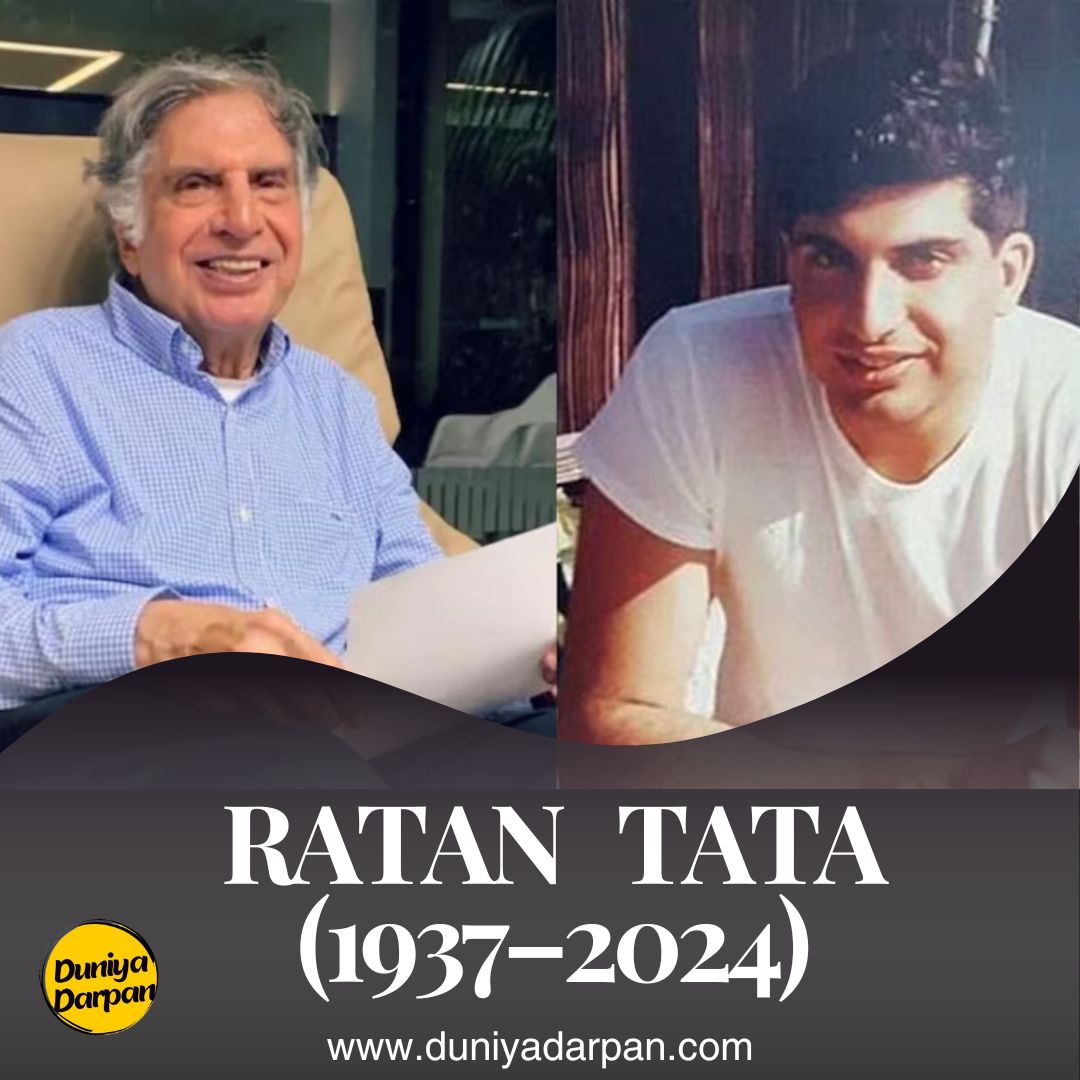Ratan Tata: Remembering Ratan Tata: Architect of Tata Group’s Global Success
Ratan Tata, the iconic Indian industrialist and former chairman of Tata Group, passed away at a Mumbai hospital on October 9, 2024. His leadership and vision transformed the Tata Group into one of India’s most renowned business conglomerates. Tata’s life was marked by not only business success but also immense contributions to philanthropy and society.
Early Life and Education
Ratan Tata was born in Mumbai on December 28, 1937, to Naval and Sooni Tata. After his parents separated when he was 10, he was raised by his grandmother, Lady Navajbai Tata. He attended prestigious schools in Mumbai and Shimla before completing his studies at Riverdale Country School in New York. He went on to study architecture and structural engineering at Cornell University, graduating in 1962. Later, he completed the Advanced Management Program at Harvard Business School in 1975.
Career at Tata Group
Ratan Tata’s career at the Tata Group began in 1962, when he joined the company’s steel division. Over the years, he held various leadership roles, including Chairman of Tata Sons, the holding company of the Tata Group. In 1991, he became the Chairman of Tata Group, succeeding JRD Tata. Under his leadership, the company expanded globally, acquiring prominent brands like Jaguar Land Rover and Tetley Tea. He was also instrumental in launching the Tata Nano, an affordable car designed to cater to India’s lower-income population.
Tata retired as chairman in 2012, but briefly returned in 2016 to lead the company during a leadership crisis. His tenure saw Tata Group’s revenues grow 40 times and profits increase by 50 times, cementing the conglomerate’s global presence.
Philanthropy and Impact
Ratan Tata was as well-known for his philanthropy as he was for his business acumen. A significant portion of his wealth was donated to charitable causes, particularly in education, healthcare, and rural development. He established the Tata Trusts, one of India’s largest philanthropic organizations, contributing to initiatives such as water access, healthcare, and education.
He also set up scholarships for Indian students at institutions like Cornell University and contributed to research at institutions like Harvard University and Carnegie Mellon University. His philanthropic efforts extended to India’s technological and scientific development, with generous donations to institutes like the Indian Institute of Technology, Bombay, and the Indian Institute of Science.
Legacy and Achievements
Ratan Tata’s business achievements are matched by the deep respect he earned for his ethical leadership and dedication to societal welfare. He received numerous awards, including the Padma Bhushan in 2000 and the Padma Vibhushan in 2008, two of India’s highest civilian honors. He also played a compassionate role during crises, such as the 2008 Mumbai terrorist attacks, when he personally ensured support for victims.
Even after his retirement, Tata continued to inspire future generations of entrepreneurs with his vision of combining business success with social responsibility. His life is a testament to the belief that success is not just about financial gain, but about making a lasting difference in society.
A Life Remembered
Ratan Tata’s legacy will be remembered by millions across the world for his contributions to business, philanthropy, and ethical leadership. His journey from humble beginnings to leading one of the world’s largest conglomerates serves as a source of inspiration for aspiring leaders everywhere.






